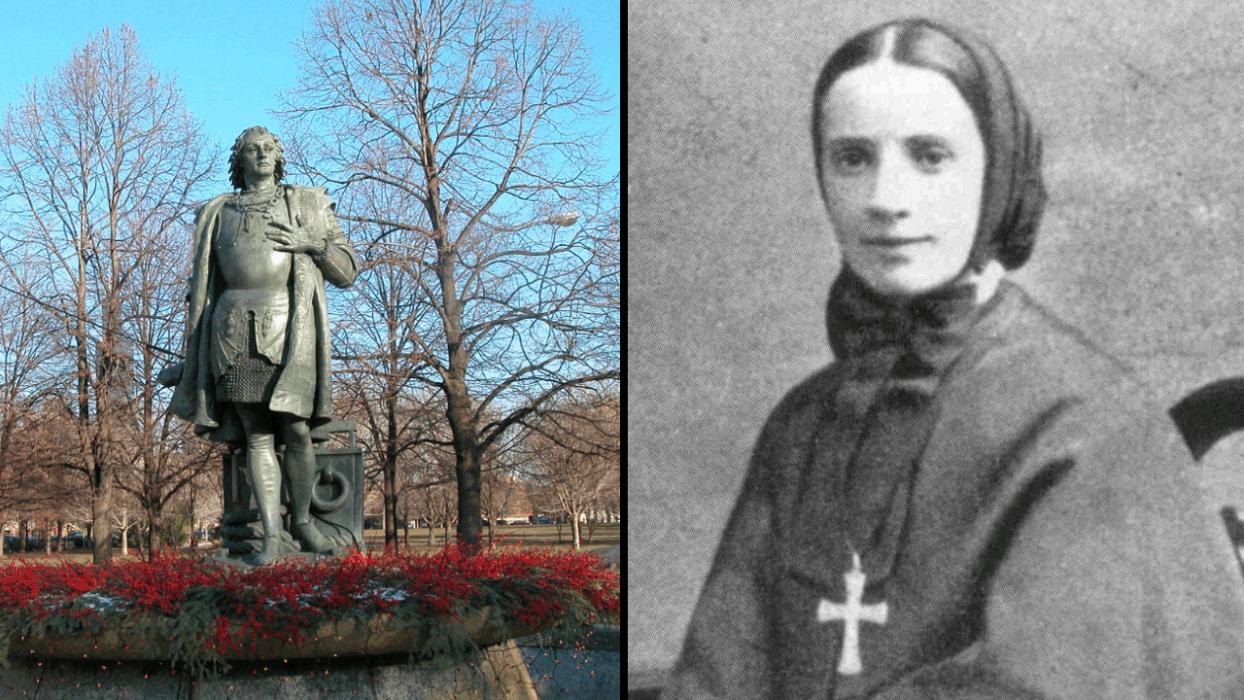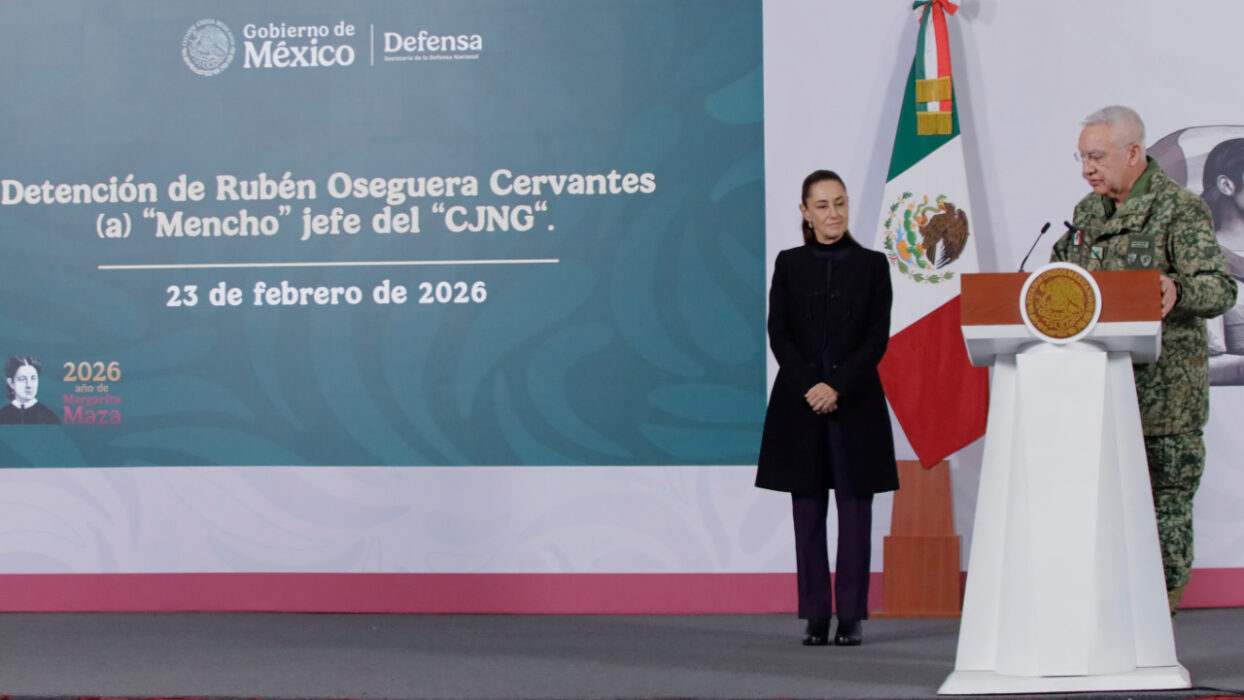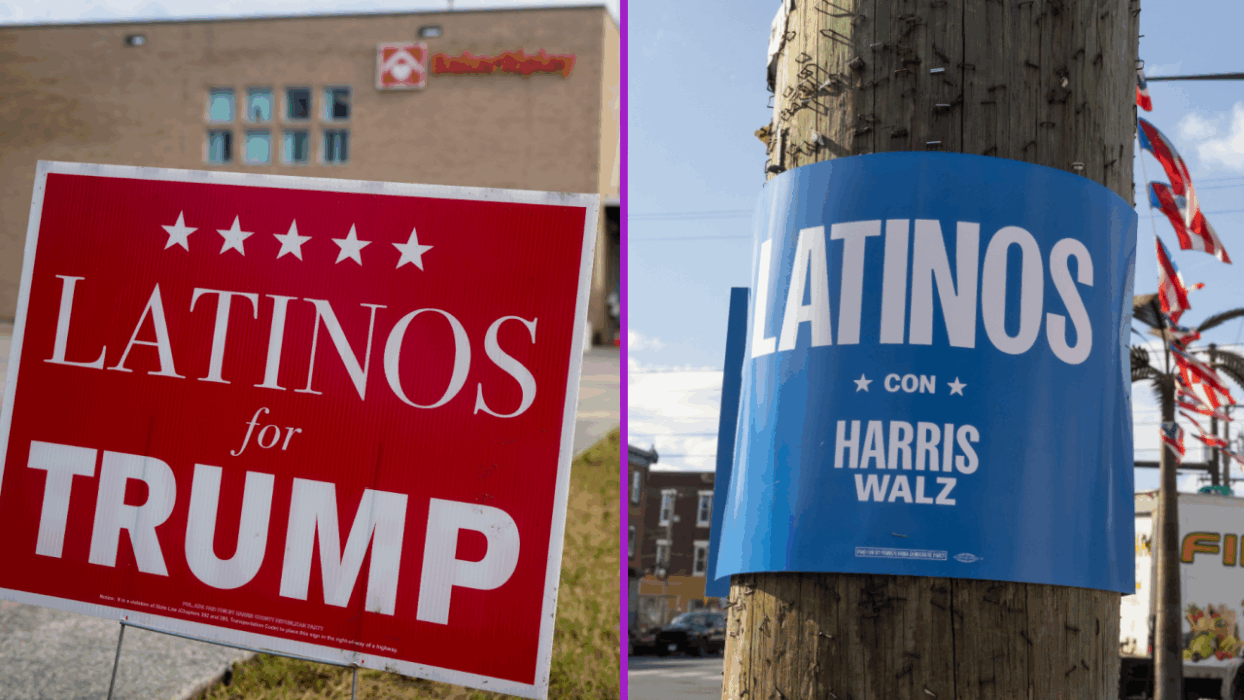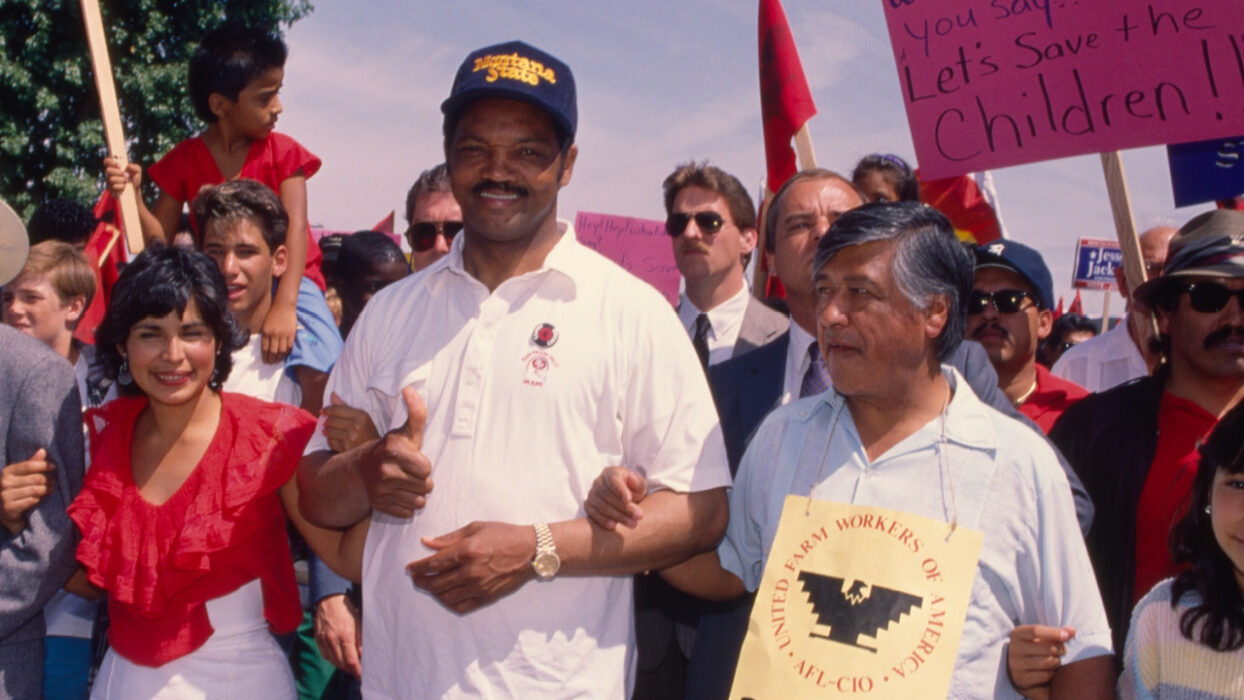
Yes, the New Pope Is American. But Did You Know He’s Also Peruvian?
Cardinal Robert Francis Prevost made history on May 8, 2025, when he stepped onto the balcony of St. Peter’s Basilica as the new Pope. He announced to the world that his name is now Pope Leo XIV, the 267th pontiff of the Roman Catholic Church. Born in Chicago and now the first-ever American pope, Leo XIV has quickly been framed as a symbol of national pride. President Trump took to Truth Social, calling it a “Great Honor for our Country.” But there’s something else you should know about the new pope: he’s also Peruvian.
The New Pope Has Deep Ties to Peru
While many are emphasizing Leo XIV’s American roots, his long and personal history in Latin America is just as central to his identity. According to CNN en Español, Robert Prevost became a naturalized Peruvian citizen in 2015. His decision came after decades of missionary work and service in the country. He arrived in Peru in 1985, only three years after being ordained. There, he spent ten years running the Augustinian seminary in Trujillo. He returned in 2014 to serve as bishop of Chiclayo until 2023.
During that time, Prevost became vice president of the Peruvian Episcopal Conference, administrator of Callao, and eventually earned his Peruvian Documento Nacional de Identidad (DNI). Milenio reports that his decision to obtain citizenship was in line with Church protocols for bishops appointed to Peruvian dioceses.
What the New Pope Inherits—and What He Might Change
Leo XIV takes the helm of the Catholic Church at a moment of global complexity. According to Bloomberg, the Church is navigating internal tensions between progressives and conservatives, particularly around issues like LGBTQ+ inclusion and clerical abuse. Pope Francis, his predecessor and a known reformer, had named more than 80% of the cardinals who voted in this conclave.
The choice of Prevost suggests continuity. In the words of Vatican analyst Elise Allen, “Prevost is somebody who is seen as an exceptional leader… calm and balanced, who is even-handed, and very clear on what he thinks needs to be done.” His time leading the Dicastery for Bishops—the Vatican office in charge of recommending new bishops around the world—earned him respect within the curia.
In one interview with Vatican News, he described his leadership philosophy: “I still consider myself a missionary. My vocation, like that of every Christian, is to be a missionary, to proclaim the Gospel wherever one is.”
The New Pope Represents a Shift in Catholic Power
The election of an American pope may seem shocking given historic Vatican hesitations about U.S. dominance. But Prevost’s long life outside the United States complicates that narrative. As NBC and Newsweek both report, he spent most of his ecclesiastical career abroad, including extensive time in Peru, Rome, and Latin America more broadly.
That international background may have been key to his election. According to Newsweek, Leo XIV is fluent in Spanish and Italian and has a reputation for supporting Venezuelan immigrants during his time in Peru. He has held leadership roles in Caritas Peru and as president of the Pontifical Commission for Latin America.
Despite his American birthplace, Leo XIV’s election is less about nationalism and more about bridging cultures. It’s why CNN calls him someone “very attentive to the needs of a global church.”
The World Will Closely Watch The New Pope’s Legacy
As with every new papacy, Leo XIV faces scrutiny. Some have raised concerns about his past handling of abuse allegations. Questions surround how he managed certain cases during his tenure with the Augustinians and later in Peru. Prevost has not publicly addressed those claims since his elevation.
Still, his supporters emphasize his steady, diplomatic approach. Many see him as a figure capable of extending Francis’ legacy while maintaining his own pastoral and pragmatic leadership style. According to Newsweek, he has said: “The bishop is not supposed to be a little prince sitting in his kingdom, but is called authentically to be humble, to be close to the people he serves, to walk with them, to suffer with them.”




